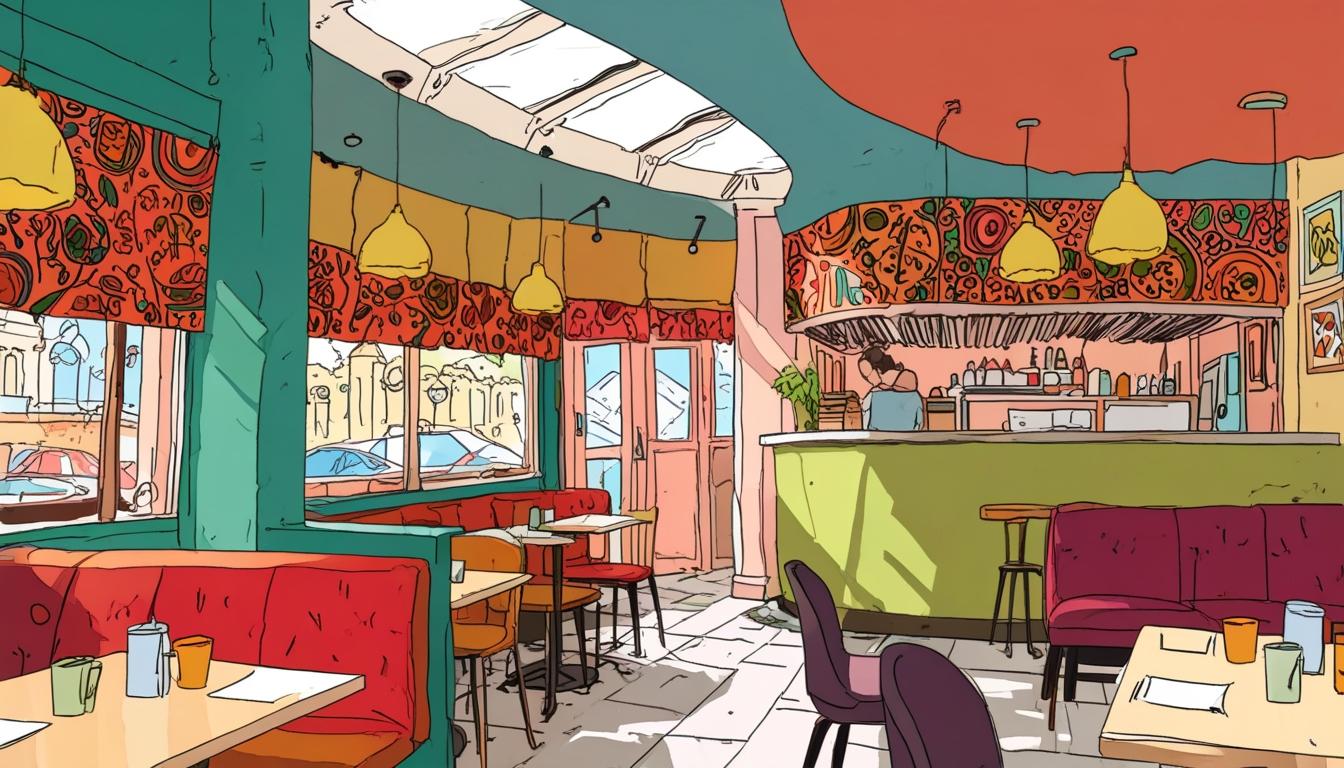Brighton and Hove restaurants are increasingly taking steps to address the climate emergency, particularly by focusing on reducing carbon emissions linked to food consumption and waste. According to Sussex Bylines, the city’s vibrant food service sector plays a significant role in the local food system’s impact on the environment.
Food systems across the UK contribute to over a third of national carbon dioxide emissions. While exact figures for Brighton are not available, data from London suggests that about 14% of food consumed is within the restaurant and food service industry. Brighton’s popularity as a destination, with around 11 million visitors annually, likely indicates a comparable proportion.
The principal ways in which restaurants can reduce their carbon footprint are centred on minimising meat consumption—especially red meat—and curbing food waste throughout the supply chain. The UK’s Climate Change Committee has recommended a 40% reduction in red meat consumption to meet the legally binding target of net zero emissions by 2050.
Food waste is also a substantial contributor to emissions, accounting for roughly a quarter of all emissions from the food system. This waste spans losses in supply chains, spoilage, and discarded food at retail and consumer levels.
In Brighton, two establishments demonstrate noteworthy efforts aligned with these sustainability goals. Smorl’s Houmous Falafel & Salad Bar, located in Brighton’s Open Market, offers an entirely meat-free menu with locally made houmous and seasonal ingredients sourced from nearby suppliers. The restaurant has earned the Sustainability Championship badge, reflecting its achievements in reducing food waste, prioritising ecological cleaning products, and employing reusable packaging practices.
The author of the Sussex Bylines article described their experience at Smorl’s: “I had the falafel and houmous wrap on this occasion and it really was special, with fresh green salad, crunchy pickled cabbage, grated carrot, pickled gherkins and chilli and lime dressing.”
Fitzherbert Community Hub in Kemptown represents another model of sustainability by focusing on redirecting surplus food that would otherwise be wasted. Operating within the Real Junk Food Project network, it collects extra food from supermarkets, wholesalers, and local farmers and offers it to visitors on a ‘pay as you feel’ basis. Managed by Paul, the community hub employs a mix of paid staff and approximately 80 volunteers in this effort.
The Fitzherbert café occupies a spacious, refurbished community hall and serves meals created daily from available surplus ingredients. During the visit described in the report, meal choices included Madras curry with venison and mezze plates, complemented by barista-quality coffee at modest prices.
Paul explained the flexibility of using surplus ingredients: “Today there are a lot of avocados in, I don’t know why! The chefs were at that moment figuring out how best to use them.”
The initiative also exemplifies circular economy principles, as unusable produce is composted and used to grow fresh vegetables and herbs for the kitchen in an on-site demonstration garden.
Both Smorl’s and Fitzherbert Community Hub have been recognised as Sustainability Champions, highlighting their commitments to climate-friendly practices and food waste reduction. Sussex Bylines notes that many other Brighton eateries are also adopting improved sustainability measures, and further reports on these will follow.
These examples illustrate practical actions that Brighton’s restaurant sector is undertaking to contribute to the city’s carbon reduction ambitions by championing lower-impact diets and innovative waste prevention strategies.
Source: Noah Wire Services
